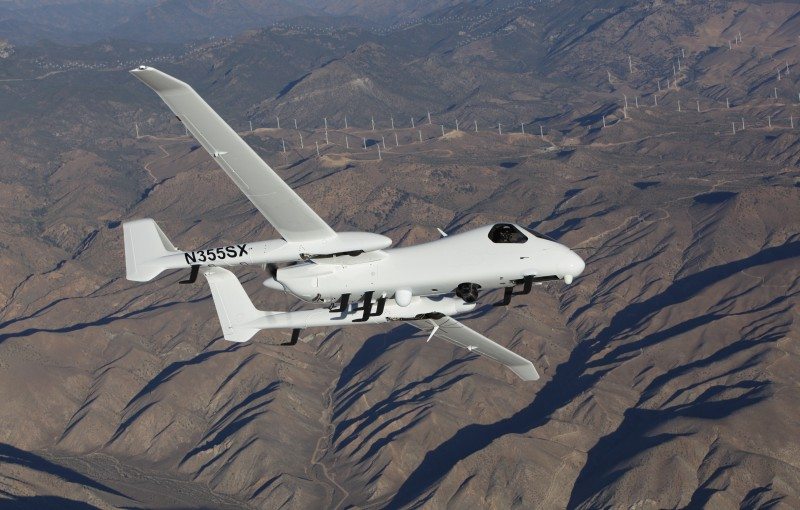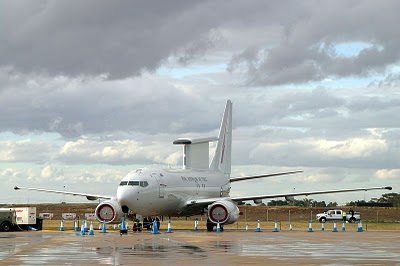Military users will be able to get real-time high-definition video, view infrared imagery, use radar and even listen in on communications signals – all at the same time – using a new intelligence-gathering aircraft system unveiled by Northrop Grumman.
Firebird offers a large internal payload bay and an ability to operate multiple intelligence, surveillance, reconnaissance (ISR) and communications payloads simultaneously through a universal interface. The system is designed to be flown as a manned or unmanned aircraft.
As lead for the Firebird program, Northrop Grumman developed the unmanned systems architecture, control and mission systems. The company chose Scaled Composites to design, build and test the aircraft – with first flight occurring just 12 months after the initial concept discussions.
“We’ve harnessed the innovative techniques of Northrop Grumman and Scaled Composites to deliver an unprecedented information-gathering capability,” said Paul Meyer, vice president and general manager of advanced programs and technology for Northrop Grumman Aerospace Systems.
“Firebird addresses future budgetary constraints by combining the best of our piloted and unmanned ISR systems into a single solution ready for a variety of ISR missions.”
Firebird’s universal interface is similar to plugging a memory stick into a personal computer that is automatically recognized without needing to load additional software.
“Not only have we increased the number of ISR sensors working simultaneously in an aircraft of this size, but we can also incorporate various sensors that complement each other – greatly enhancing Firebird’s information-gathering value for warfighters,” said Rick Crooks, Northrop Grumman’s Firebird program manager.
“Firebird is an adaptable system that makes it highly affordable because of the number of different missions it can accomplish during a single flight. It’s a real game changer.”
From inception, Firebird was designed to be flown as a manned or unmanned aircraft and can be quickly modified for either option.
“Military users will also find it much easier to exploit intelligence data from Firebird because the information is put into a single tool that allows them to easily make decisions,” said Crooks.
“The internal payload bay also does away with the need to carry external pods to house sensor payloads that can cause drag and affect how long the aircraft can stay in the air.”
Firebird is set for an operational demonstration in an optionally-piloted configuration from May 23 – June 3, 2011, during Empire Challenge 2011, a military exercise run by U.S. Joint Forces Command.











